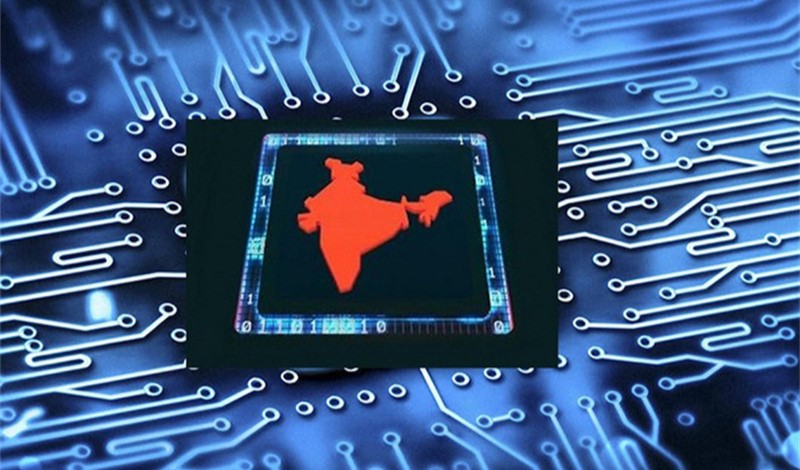India's efforts to build a domestic semiconductor manufacturing industry have suffered another major setback, with two high-profile chip fabrication projects recently abandoned.
Software company Zoho has withdrawn its $700 million plan to establish a compound semiconductor wafer fabrication plant in Karnataka. The company, best known for its Zoho One business suite, had announced its chip manufacturing ambitions in May 2024. However, Zoho's Chief Scientist Sridhar Vembu revealed on social media that the board had decided not to proceed, citing the capital-intensive nature of the industry and uncertainty over the technology path. “We want to be sure of the technical roadmap before using taxpayer money,” Vembu wrote, adding that the project is now on hold until the company gains greater confidence.
Meanwhile, the Adani Group has reportedly paused its $10 billion joint venture with Israel's Tower Semiconductor to build a chip fab in Maharashtra's Raigad district. The Indian conglomerate cited commercial non-viability as the reason for stepping back. Although the Indian government had approved the project in 2023, insiders said Adani became unsure about the market demand and was dissatisfied with Tower's level of financial commitment.
These developments mark a significant blow to India's $10 billion Semiconductors India Programme (SIP), which was launched in 2021 to catalyze local chip production. The plan initially offered up to 50% capital support for semiconductor fabs, compound semiconductor facilities, and display fabs. After a disappointing response, the government relaunched the scheme in 2023 with relaxed eligibility criteria and extended the application deadline to the end of 2024.

Despite receiving around 18 proposals, only five projects have been approved so far, including a semiconductor fab by Tata Electronics and OSAT (outsourced semiconductor assembly and test) facilities from Tata, CG Power, and others. However, according to IT Secretary S. Krishnan, most of the original Rs 76,000 crore (~$10 billion) fund has already been committed, and further projects would require a SIP2.0—which now appears increasingly unlikely.
Globally, India remains a marginal player in chip manufacturing. As of 2024, it had just four fabs with negligible output, compared to over 400 worldwide. Taiwan alone accounts for 60% of global chip production and 90% of advanced chips. In sales, Indian companies have barely registered, while U.S., South Korean, and Chinese firms dominate the $627.6 billion global market.
While other countries have dramatically scaled up support for chipmaking—such as the U.S. ($33 billion approved under the CHIPS Act), China ($47.5 billion in new state funds), Japan ($65 billion), and the EU ($47 billion)—India's $10 billion program is relatively modest and may not be enough to attract serious long-term investment.
The collapse of the Adani and Zoho plans raises questions about whether India's industrial ecosystem is ready for chip fabrication, a field dominated by a few established players with deep technological expertise and vast infrastructure. Without significant scale or a robust supply chain, India may continue to struggle to break into the high-stakes semiconductor game.
For now, the prospects of a second phase of the SIP appear dim. If more projects follow the same path as Zoho and Adani, India's chipmaking ambitions could be headed for a premature end.
+86 191 9627 2716
+86 181 7379 0595
8:30 a.m. to 5:30 p.m., Monday to Friday
